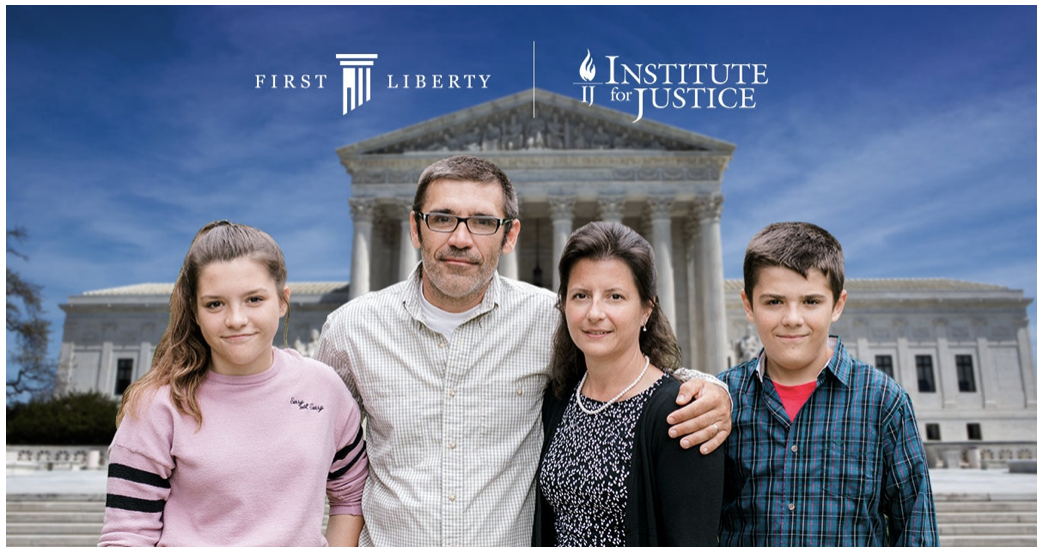Kerby Anderson
A case before the Supreme Court should give a significant boost to religious schools. This month, the High Court heard oral arguments on the case from Maine. That state has one of the country’s oldest school choice programs. Unfortunately, religious schools are excluded. That may change when the justices hand down their ruling next year.
The educational program in Maine provides tuition for students who live in rural areas that don’t have a local school. Parents are allowed to pick a school for their children and use public funds to pay for the tuition.
The Nelson family wanted to have their child attend Temple Academy. It is “fully accredited” and also satisfies the state’s “compulsory education law.” But it is a religious school that also has biblical views about topics like homosexuality. That is why the state would not provide funds for their child to attend this religious school.
The case was brought before the Supreme Court by First Liberty Institute, which is led by Kelly Shackelford. When he was on radio with me, I mentioned that it appeared that the Supreme Court had already ruled on a similar issue in the case Espinoza v. Montana. I did a commentary about that case less than two years ago.
Maine tried sidestepping that ruling by arguing that they weren’t denying funds based on the religious “status” of a school. They would provide tuition help to religious organizations but refuse to allocate them for a “religious use.” I have suggested this distinction between “status” and “use” is a classic case of making a distinction without a difference.
Many of the justices didn’t buy this argument either. I think the court will rule in favor of the family and ultimately in favor of religious schools. This may be another important victory for religious liberty.
 Listen Online
Listen Online Watch Online
Watch Online Find a Station in Your Area
Find a Station in Your Area










 Listen Now
Listen Now Watch Online
Watch Online
